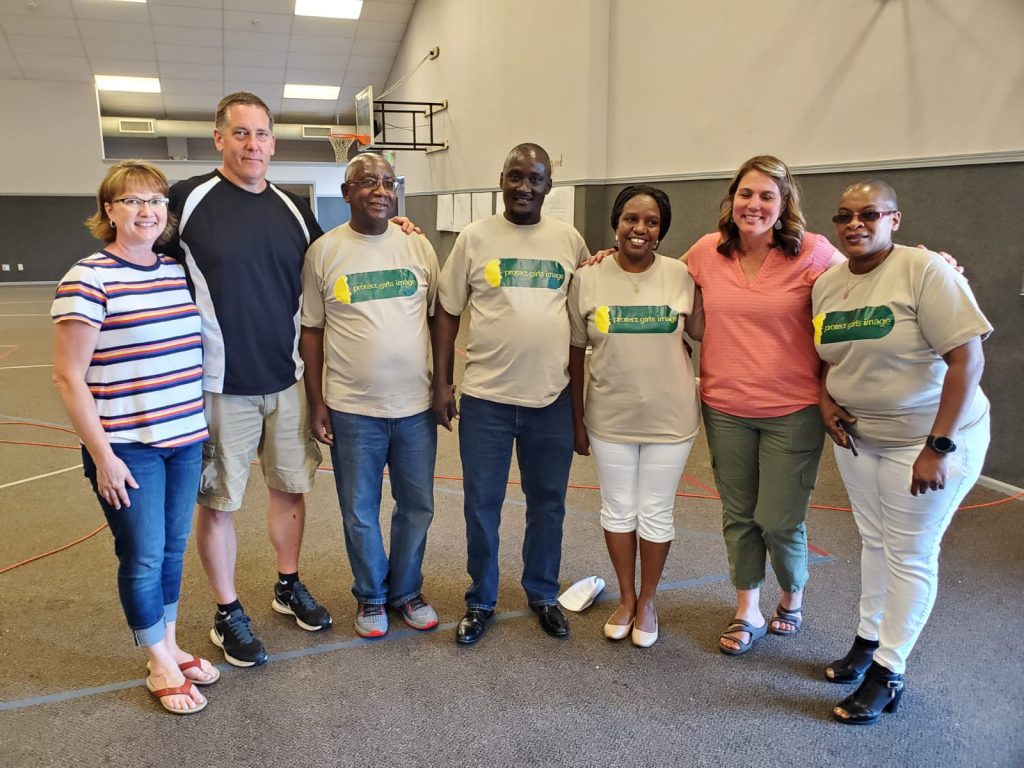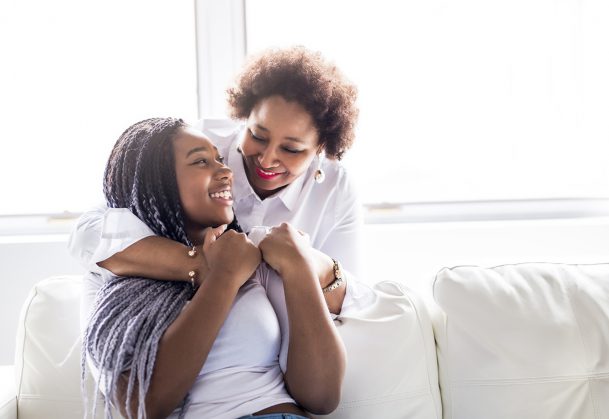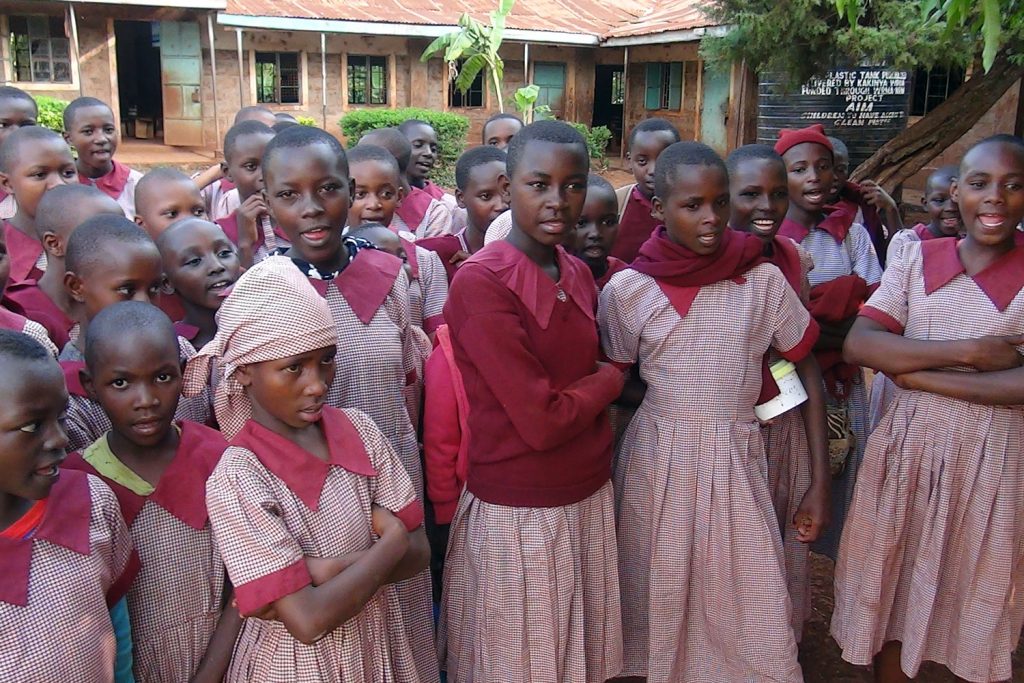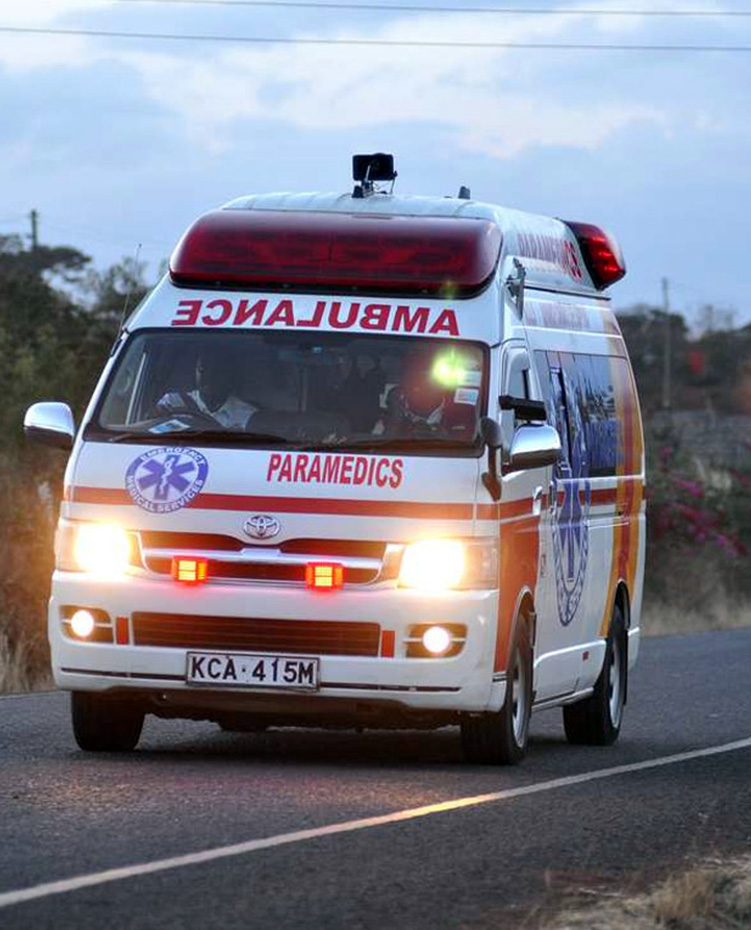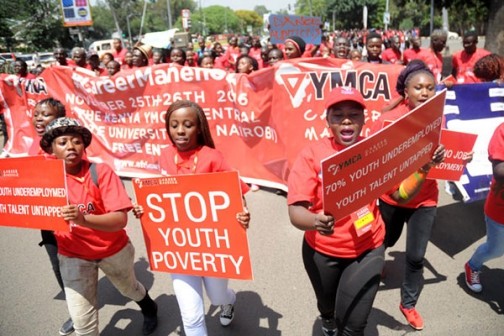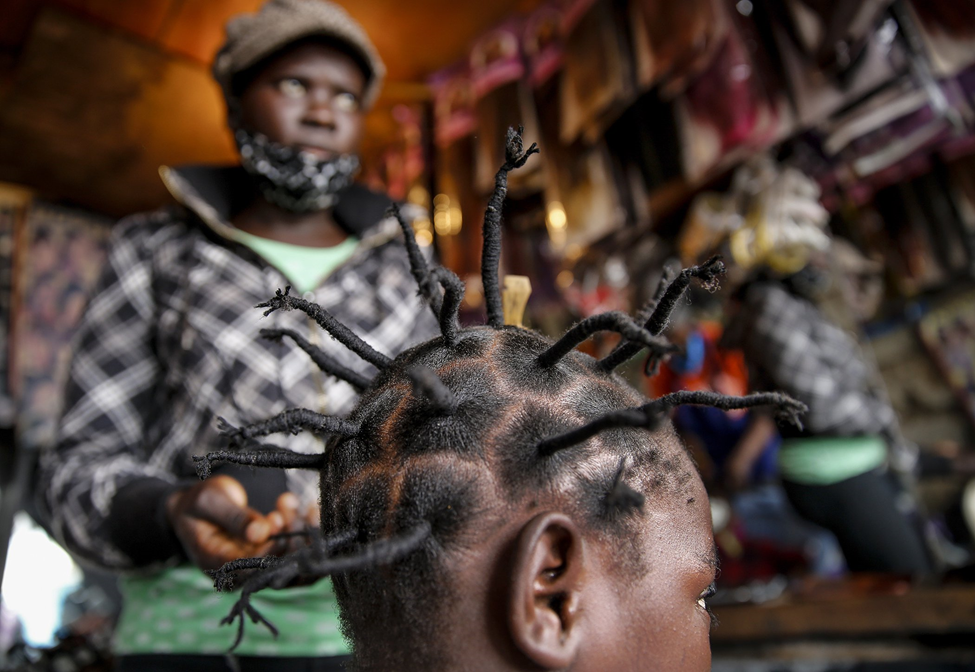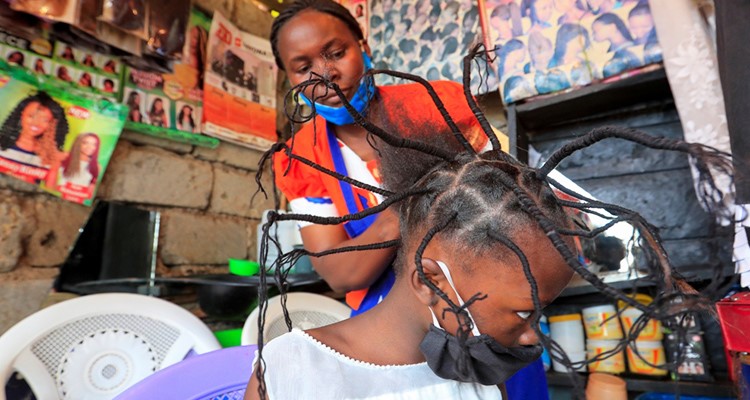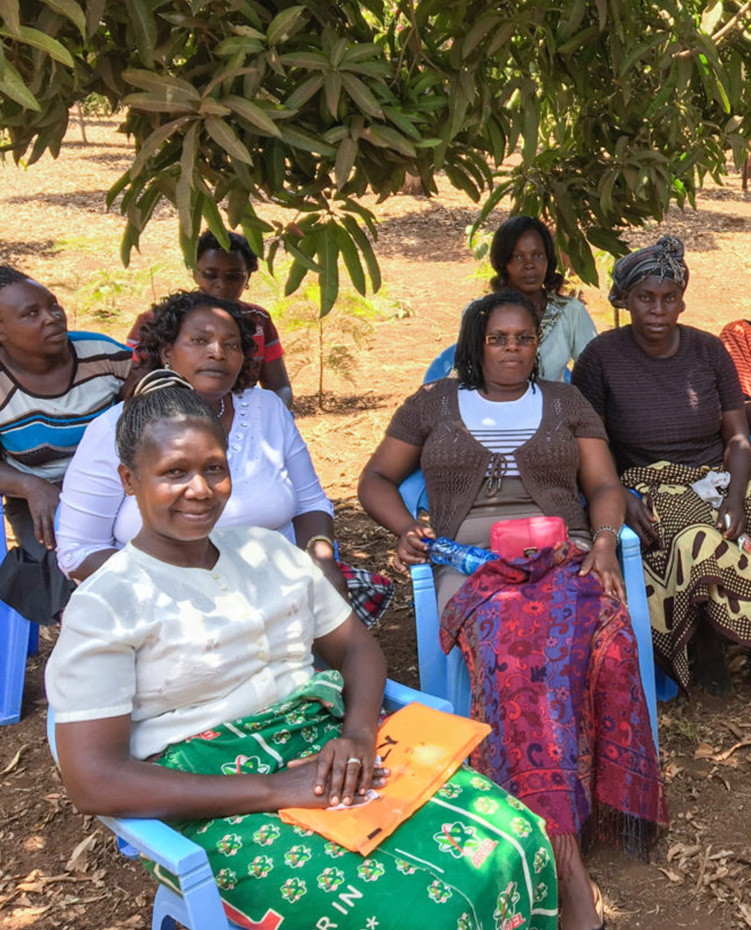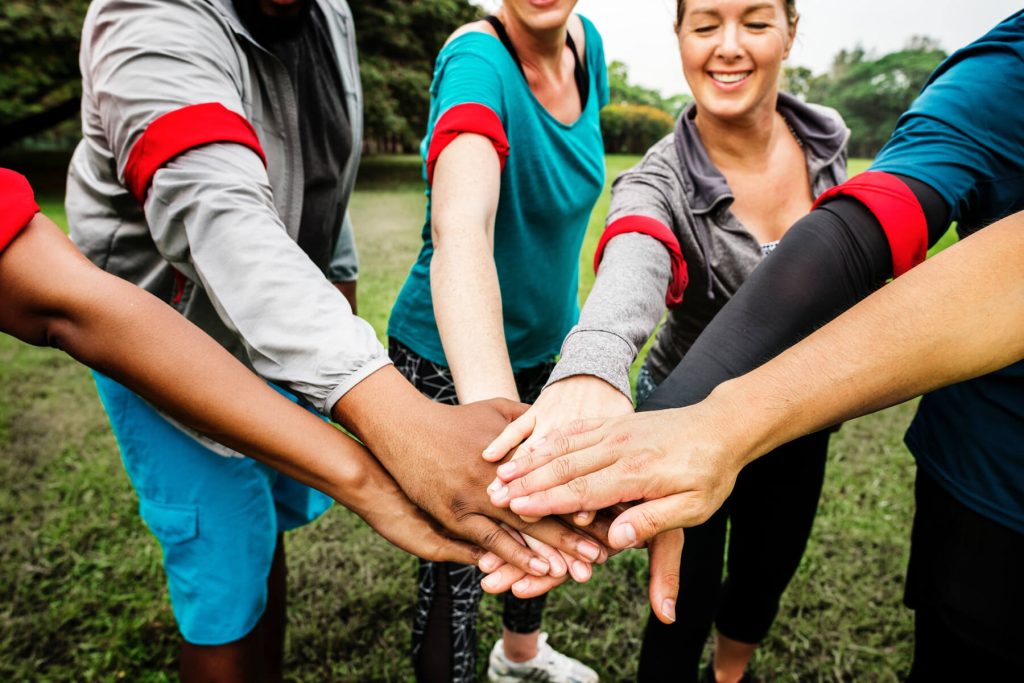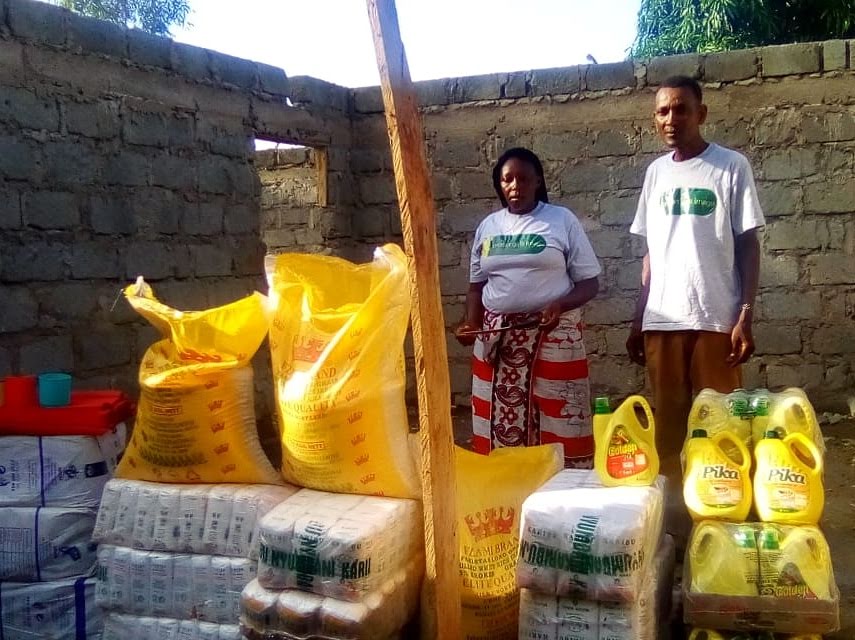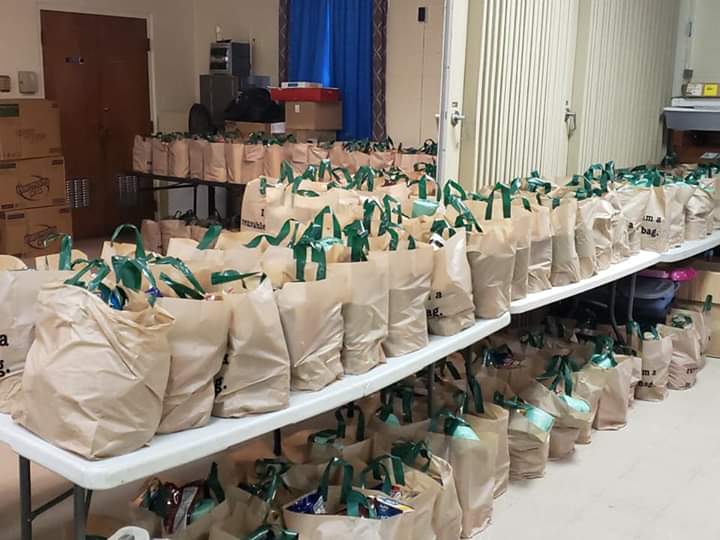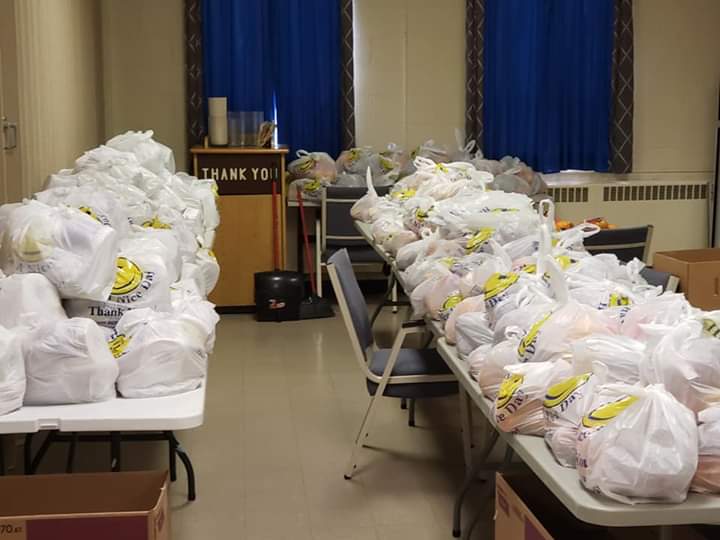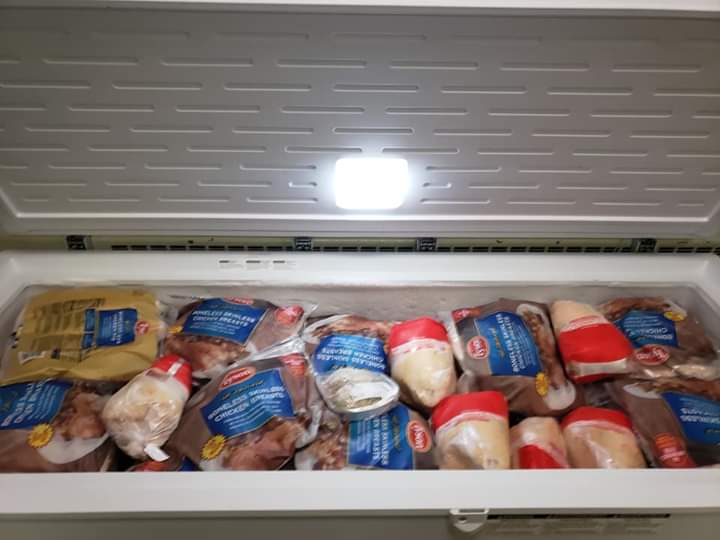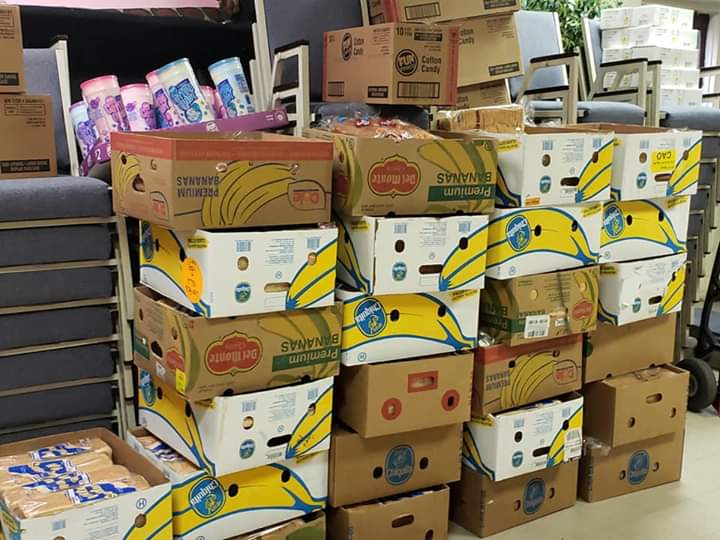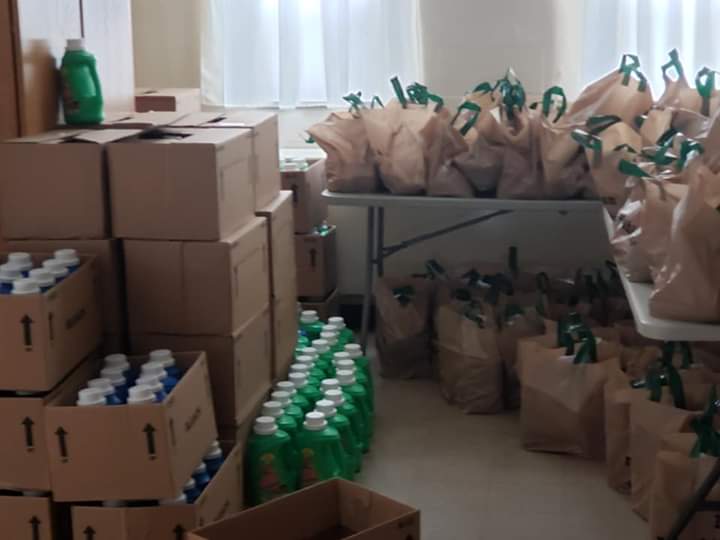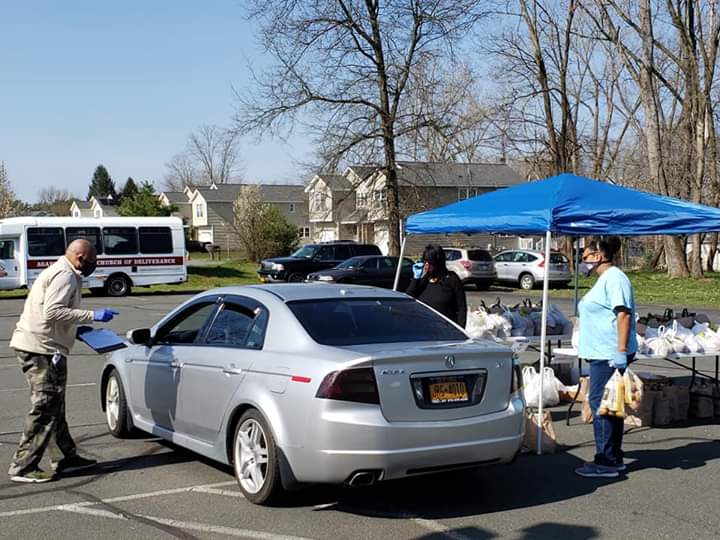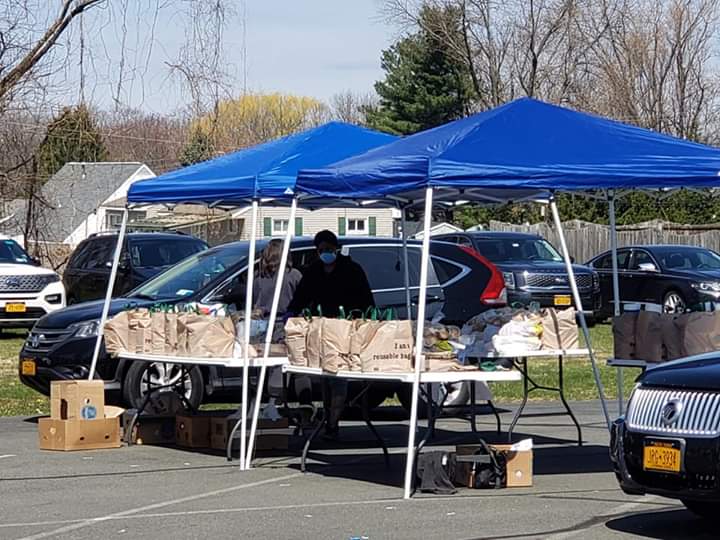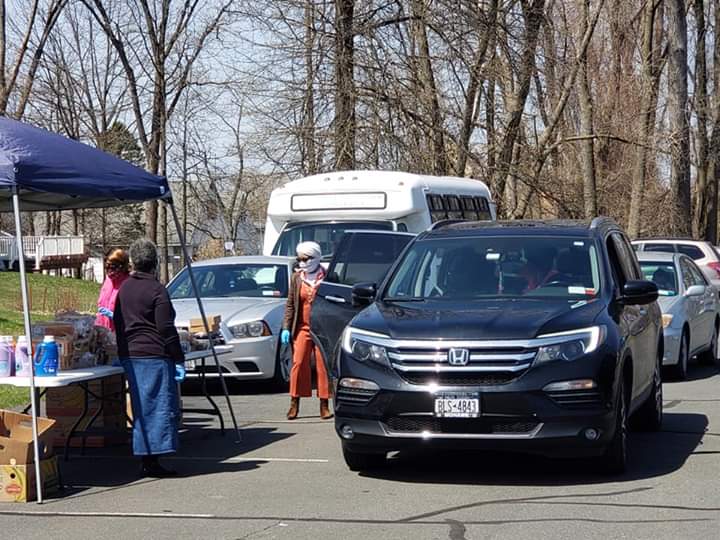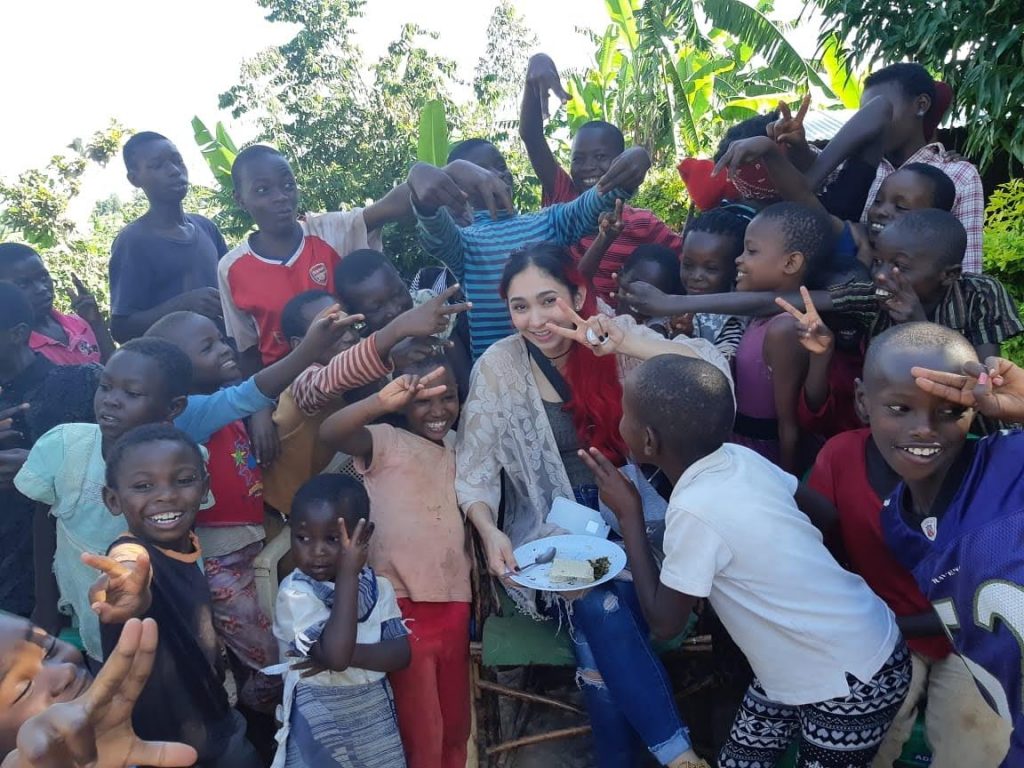As Kenya began closing schools and colleges on 15th March 2020 and shifting to online education to limit the novel coronavirus, 36-year-old Teresa Waruguru worried about how she, her two children, and her neighbor’s son would be able to get by with one computer.
Teresa, who is a freelancer, needs it during the day and the 3 children also need it for an online learning program given by their schools.
It’s a problem unfolding across the country.
Many students lack computers or high-speed internet at home, and schools can’t provide the same online education to every student when some can’t log on at all.
This is especially the case for children in rural, marginalized communities like the Maasai, Samburu, Turkana, Pokot, Marakwet, and Sabaot, and in coastal regions; refugee children in Kakuma and Dadaab refugee camps; and children with disabilities.
Consequences of School Closures During Covid-19
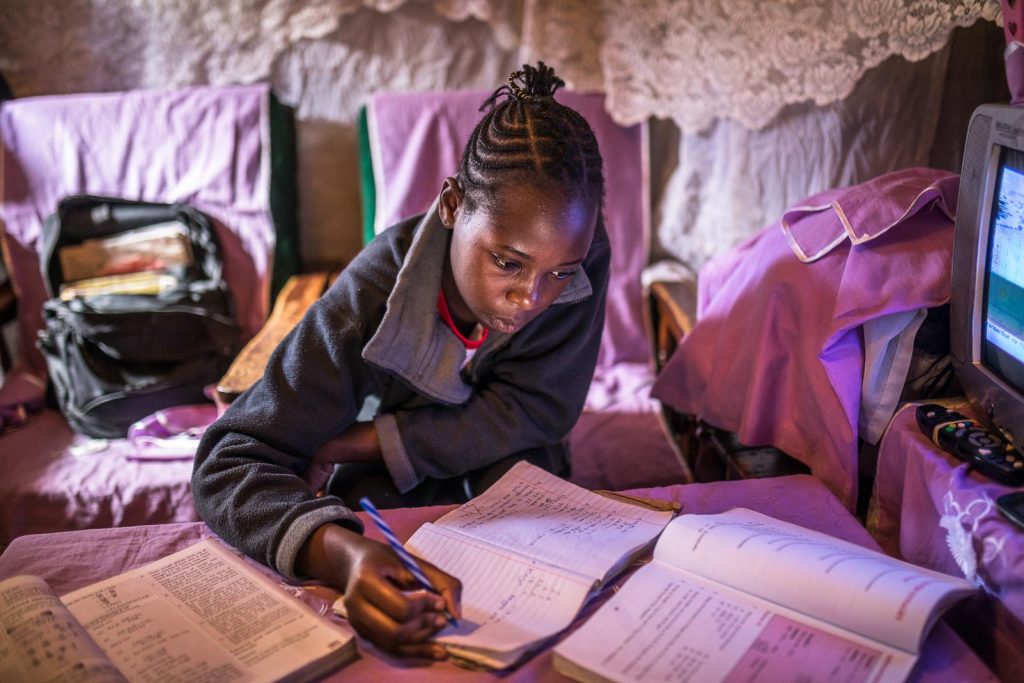
Education exclusion
Since schools closed in Kenya, the ministry of education and other agencies have indicated that learners should undertake online learning or technology-mediated learning on TV, radio, ed-tech apps, and mobile phones.
While such learning may take place in urban areas, for many marginalized children in remote villages—including refugee children in camps as well as those living with various disabilities—learning during COVID-19 school closures is a deep challenge.
Learning mediated through ed-tech remains out of reach for many disadvantaged children due to connectivity challenges.
In remote parts of Kajiado, Narok, Samburu, Turkana, and Kilifi counties, for example, electricity does not reach households, excluding children from online learning.
Additionally, smartphones are beyond the reach of most rural communities.
Even when adults have smartphones, tensions around privacy and kids’ unsupervised internet use render access for learning nonexistent.
And where electricity and technology do exist, the cost of the internet is prohibitive.
Such disadvantages present challenges for rural families and learners who must compete with their more privileged peers during national examinations.
Learning loss
The quarantines and curfews imposed by governments as a response to the COVID-19 pandemic also lead to learning loss.
If children experience learning loss during normal extended school holidays, it remains to be determined how much learning will be lost during extended emergency closures.
For rural children of parents with low literacy levels and limited education resources, this risk of learning loss is heightened.
Not only are these parents frustrated at having to homeschool without adequate preparation, but they also cannot reinforce their children’s learning.
Intermittent online learning is not effective for students already behind, and radio learning cannot replace classroom learning as it is intended to supplement the knowledge that children already have.
Nutrition and economic consequences
School closures also have implications for learners who rely on school feeding programs as a main source of nutrition.
With everyone now at home, families’ ability to provide food for their children has been even further reduced.
In such poverty, securing food takes precedence over learning.
For instance, the closure of schools in Kenya has also coincided with the planting seasons where poor families are likely to take advantage of labor provided by children at home.
This is especially the case for girls and young women whose duties include working on farms, household chores, and caring for family members.
Sexual violence and exploitation
Anecdotal evidence suggests that rural girls are likely to be used to cushion families’ income, which further exposes girls to sexual exploitation and gender-based violence.
This places girls at especially high risk of health and reproductive crises, including forced female genital mutilation, as well as early marriage, which puts girls at high risk of dropping out when schools reopen.
Decreased mobility from quarantines and curfews also restricts girls and women from essential protection services and support networks, further diminishing their autonomy.
Universities Are Facing Challenges in Closure Due to COVID-19
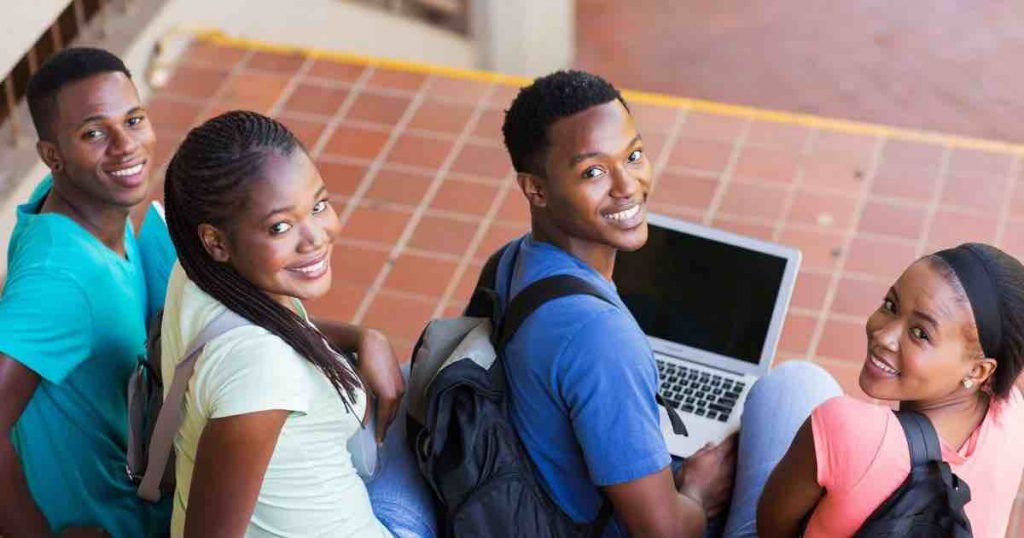
Universities have been forced to turn to online learning to ensure students finish their courses on time, but preparedness varies from one institution to the next.
Dr. Richard Bosire, the chairman of the Universities Academic Staff Union’s University of Nairobi chapter, was quoted in local media as saying: “Not all lecturers had been trained and those who had were waiting for directions on how to proceed.
Most students do not have laptops or money to buy internet bundles to sustain a three-hour online course.
Some of them live in far-flung areas and do not even have access to the internet, so how will they be expected to come on board?”
“At Kenyan universities, online learning is mainly focused on postgraduate students with the larger population, undergraduate learners, left out. Part of the problem is lack of investment in online resources by the institutions,” said the local Daily Nation newspaper in an editorial on 28 March.
“The obvious drawback for e-learning is the digital divide. Most families have limited or no access to the internet. Such a situation does not belong to the future but the present,” the newspaper said.
In Kenya, successful electronic-based degree programs have been dominated by foreign and international qualifications, mostly postgraduate degrees featuring collaborations between local private institutions and foreign institutions.
The statement follows resistance from a section of students from the University of Nairobi (UON), some of whom were active in a trending discussion on Twitter on 30 March (#UONboycottonlineclasses) during which they resisted the announcement by the university that lessons would continue online.
“You want me to take online classes. I live in Turkana (in far-off remote northern Kenya). Does this university even care that I obviously can’t access [the] internet? It is the University of Nairobi, not University for people of Nairobi,” tweeted student Jared Washington Ochako.
“Training is an inevitable part of any business but depending solely on an e-learning platform can make learning less personal, less engaging, and in the process, less effective. We urge comrades to boycott such shenanigans by UON,” said another student going by the online name Mzee Mzima.
Students argued that online learning could not be inclusive given the circumstances and would exclude those disadvantaged by poor infrastructure.
Conclusion
To support children across Kenya in continuing their education, UNICEF has been working with the government to provide radio, TV, and Internet lessons.
Despite the challenges in marginalized communities, many children are using these resources to continue learning.
The Kenya Institute of Curriculum Development (KICD) estimates that 47% of learners are accessing lessons through radio, TV, or the Internet.
This means that over half of Kenya students are not able to access remote lessons, either because they are outside of the broadcast range or do not have the necessary equipment.
To address this, UNICEF is mapping areas without radio and exploring ways to reach children, including by distributing 27,500 solar-powered radios for learners without access to lessons.
They are also distributing textbooks to 18,350 students in refugee camps and have provided academic and physical fitness tutorials through smartphones to children in informal settlements, including those with disabilities.
Read More
